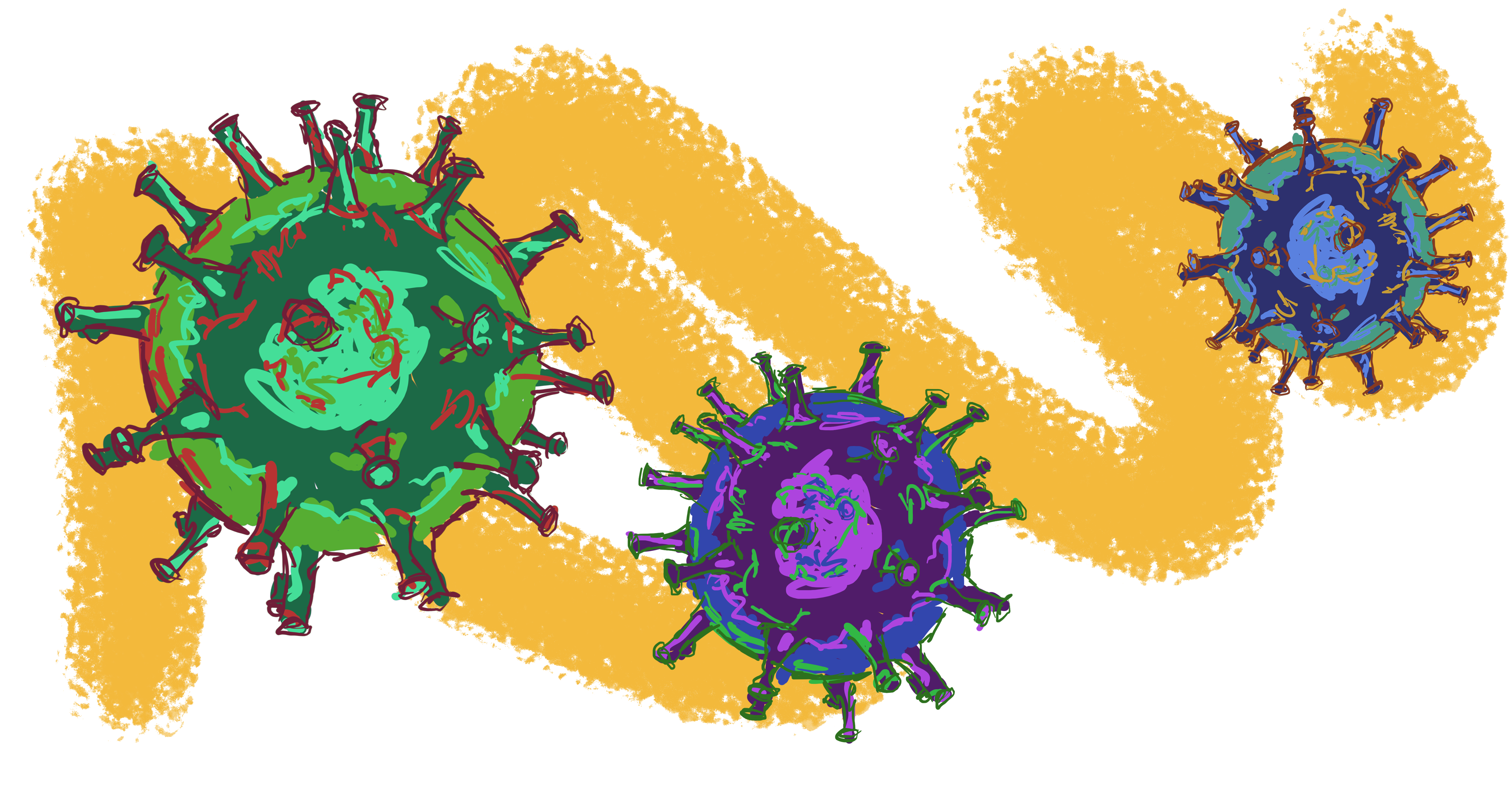COVID-19 is caused by a coronavirus, which is a large family of viruses that are found in people and certain animal species. COVID-19 originated in Wuhan, China and is speculated to have been spread from animal to human contact, according to the CDC. Since the end of 2019, COVID-19 has spread rapidly and is now considered a pandemic.
As of April 5, COVID-19 has spread to 208 countries and has caused nearly 70,000 deaths worldwide, according to Worldometer — and these numbers are growing rapidly every day.
As a way to decrease the spread of the virus, many countries are taking safety measures by closing stores, schools and nonessential businesses.
Many states in America are advising people to wash their hands and avoid touching their faces, and in many cases are putting restrictions on unnecessary gatherings and issuing shelter-in-place orders.
While the spread of COVID-19 is increasing, scientists are now researching and testing a vaccination.
About 35 companies and academic institutions are working currently to find a vaccination for the coronavirus. Recently, some have issued a call for human trials, where a small dose of the virus will be injected into volunteers. They are doing this so their body’s immune system will begin creating antibodies to the pathogen in order to help them fight off the virus if infected, according to The Guardian.
Earlier this year, Trump announced that he was hoping for the vaccine to be completed and ready for use by November, however, many vaccinologists have found this to be an impossible deadline. It can take up to a decade to produce a vaccination, however, some professionals have estimated that this one will be completed within 18 months, according to The Guardian.
Jonathan Quick, a global health expert, further explains this in an interview with The Guardian.
“Getting a vaccine that’s proven to be safe and effective in humans takes one at best about a third of the way to what’s needed for a global immunisation programme,” he said. “Virus biology and vaccines technology could be the limiting factors, but politics and economics are far more likely to be the barrier to immunisation.”
As the global race for the vaccine continues, the CDC urges for citizens with nonessential jobs to stay at home to prevent the rapid spread of COVID-19.
For more information visit the CDC’s website at https://www.cdc.gov/coronavirus/2019-ncov/index.html.
Graphic: Maggie Claytor/ The Johnsonian




